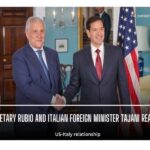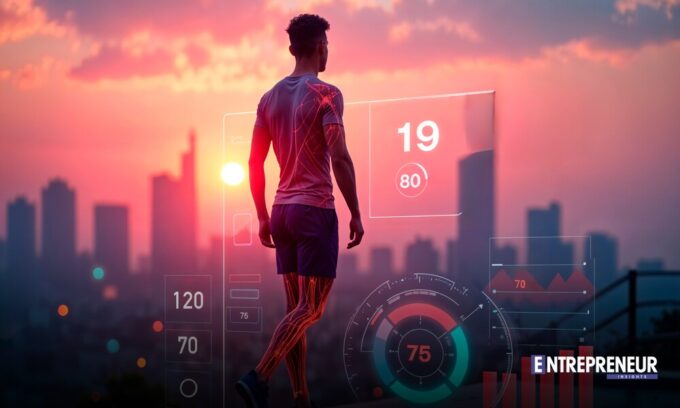In a world sport with the combined forces of digital acceleration and job disruption, the United Arab Emirates (UAE) is playing a lead role. Moving past the era of “doomscrolling,” the government envisions a dynamic transformation to an AI-powered human workforce, combining human inventiveness with machine intelligence to create a more sustainable and productive future.
The UAE has long been regarded as a technological trailblazer in the Middle East. From smart cities to space exploration, its investments in next-generation technologies are growing to transform the labor market. This program is based on the idea that artificial intelligence should empower employees rather than replace them.
UAE’s Strategic Vision for an AI-Driven Workforce
The nation’s leadership is committed to providing its citizens with digital-first skills. The National AI Strategy 2031 programs are aimed at integrating AI literacy across education, industry, and government sectors. By doing so, the UAE hopes to foster a collaborative environment in which humans and AI work together.
This proactive approach reflects a growing recognition that nations’ ability to adapt to the Fourth Industrial Revolution will determine their long-term economic resilience. The UAE’s framework prioritizes ethics, continuous learning, and adaptability, ensuring that the benefits of AI are widely accessible.
In recent years, the government has initiated partnerships with global tech firms and academic institutions to develop AI-ready talent pipelines. These collaborations have led to specialized training programs, AI bootcamps, and AI-integrated university curricula that focus on innovation and problem-solving.
While the fear of job loss due to automation persists around the world, the UAE counters this narrative by emphasizing AI’s potential to improve human capabilities. From healthcare diagnostics to advanced logistics, AI tools are being introduced to supplement, not compete with, skilled professionals.
Notably, the Ministry of Artificial Intelligence, established in 2017, has played a central role in coordinating these efforts. It continues to lead public discourse around responsible AI usage and workforce augmentation through targeted policies and innovation-friendly legislation.
A Model for Global Workforce Transformation
The UAE’s commitment to fostering an AI-powered human workforce is being closely watched by other nations. Its unique model blends top-down governance with grassroots digital inclusion, enabling citizens from various sectors to access AI tools and platforms.
The integration of AI in the UAE’s public and private sectors is also contributing to enhanced productivity and service delivery. Businesses are now leveraging AI for predictive analytics, customer service automation, and workflow optimization—transforming traditional work environments.
Crucially, the UAE’s roadmap includes policies that support lifelong learning, data security, and transparent AI practices. By placing humans at the center of its digital transformation journey, the country is offering a blueprint for inclusive AI adoption.
As the rest of the globe grapples with the ramifications of artificial intelligence, the UAE’s plan suggests a brighter future one in which technology enhances rather than diminishes human potential.
Moving beyond “doomscrolling” and into shaping the future of work, the UAE is doing more than just keeping up with change. It’s driving it.
Would you like to read PepsiCo and Cargill Partner?















Leave a comment